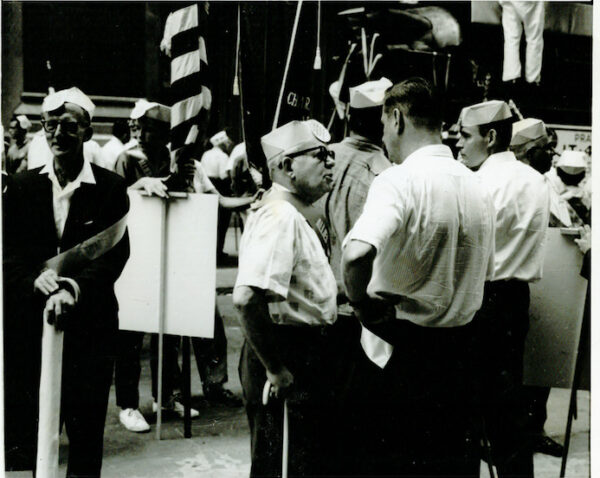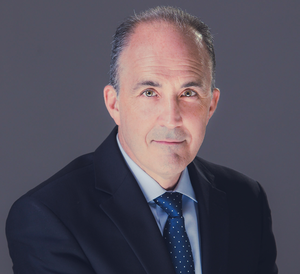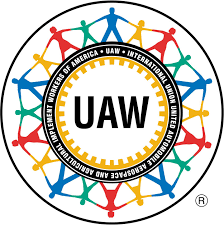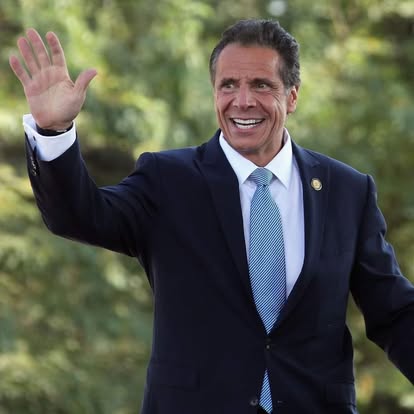Editor’s Note: Judith Wishnia, a retired professor of history and women’s studies at Stony Brook University, is former editor of United University Professions’ The Active Retiree newsletter. She is also the mother of LaborPress reporter Steve Wishnia.
New York, NY – My father, Morris Passoff, nicknamed “Whitey” because he was very blond, came to the U.S. in 1909 as a 14-year-old. He was from what is now Belarus and was then Russia. His first job was as a copy boy for the New York World. He would drive his horse and wagon to where the reporters were covering events, to pick up their notes and carry them back to the World offices.

In March 1911, he was called to the scene of the Triangle Fire. He was horrified to see girls his own age jumping out of windows to their deaths because the fire ladders did not go high enough. The memory stayed with him for his entire life. He told me of his experiences when I was a child.
As we know, the fire stimulated the development of the International Ladies Garment Workers Union [ILGWU]. For my father, it initiated a lifelong devotion to unionism. He got a job as a mailer (bundling newspapers coming off the presses for delivery to newsstands and subscribers) and joined Local 6 of the International Typographical Union. He worked for the Yiddish paper the Morning Journal, but since he was off on Saturdays, he frequently earned extra money working for the New York Times, which needed additional labor for its huge Sunday edition.
He was very active in Local 6, and the time I was six or seven, he had become a member of its executive board. His union fought hard for its members. I was born in 1931, and I can remember my father and three other executive board members crowding into our small kitchen in Brooklyn with a bottle of Canadian whiskey and my mother’s honey cake, to put together proposals for a new contract. When ordered to cut staff, the union made an unusual decision. They simply put their members on a part-time schedule so everyone would have at least some salary. We got through the Depression without going hungry. But there was little money for anything other than basic food and rent.

My father never said he was “middle class.” He always said he was a worker. He also told me that the bosses would give you nothing unless you fought for it.
I still remember his joy when the union negotiated a contract with Blue Cross coverage for hospital stays. And him coming home waving a Social Security card: He would have a pension.
I also remember when I was about five or six that he came home with bruises and a sore shoulder. He had joined a solidarity picket line for Wall Street workers who were trying to unionize. He had been hit with a policeman’s truncheon (I have no idea what came of that action).
So, from an early age, I knew that if workers wanted to improve their lives, they needed a union that would fight for them. My father’s devotion to unionism influenced me greatly. When I was a graduate student in the history department at Stony Brook University, I helped to organize the first State University of New York grad-student union. When I became a professor at Stony Brook in 1981, I immediately became active in the union, United University Professions (NYSUT, AFT). I was the academic grievance chair and was eventually elected to the statewide executive board.
I retired in 2001, but continued to work in the union. I was elected chair of the UUP’s Active Retirees and once again sat on the executive board. Our newsletter, The Active Retiree, won several awards. I no longer have an elected position: No more trips from Long Island to Albany!
At my age, I find it harder and harder to march in demonstrations, but I will use my voice for social justice as long as I can.





